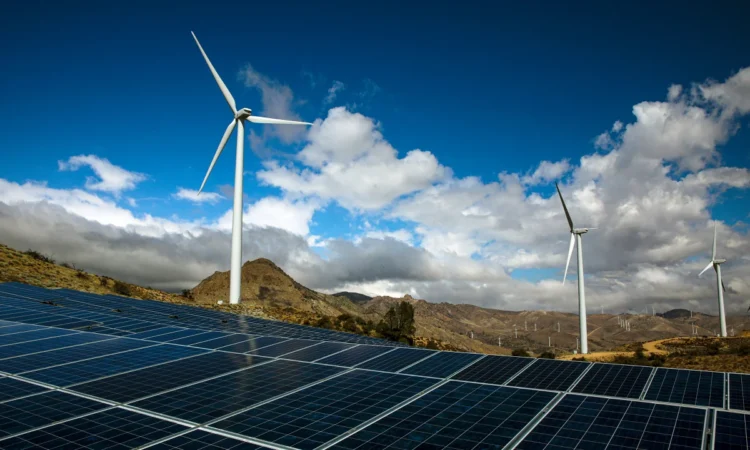In Short : The Renewable Energy Standard and Tariff (REST), which requires utilities to source a portion of their energy from renewable sources, is to be repealed, according to a unanimous vote of the Corporation Commission of Arizona. Clean energy advocates have criticized the controversial move, arguing that it could slow the rollout of solar panels, hinder the adoption of solar energy, and impede the state’s progress toward sustainable development.
Context and Justification
The REST rule, which was put into effect in 2006, mandated that utilities obtain at least 15% of their electricity from renewable sources, with distributed generation, such as rooftop solar systems, accounting for about 4.5% of this total. Removing the requirement could lead to legal challenges, undermine market certainty, and reduce investor interest in solar projects, cautioned Arizona Attorney General Kris Mayes, who was involved in the creation of REST.

Implications for Strategy and the Market
Removing REST might slow the growth of distributed solar energy in the commercial and residential sectors, which would weaken supply chain demand and local installation momentum. The share price of SW Solar and the general sentiment of investors may be impacted by companies engaged in solar deployment dealing with hesitant buyers and interrupted project pipelines.
Without government backing, utility-scale solar development—including more integrated systems with storage and hybrid solar-batteries configurations—may stall. In one of the sunniest states in the country, the lack of regulations also runs the risk of slowing down progress on grid modernization and the integration of renewable resources.
The Bottom Line
Arizona’s choice reflects the growing conflict between utility policy driven by the market and energy planning that takes climate change into account. The state runs the risk of slowing down its shift away from non-renewable resources and losing steam on solar light and energy equity projects if it reverses its clean energy standard. Whether repeals spark opposition or signal a change in policy toward cleaner, more locally accessible energy may be decided in the upcoming months.




